 |
| June 29, 2020 |
Dear Reader,
Most people tend to overcome socially ambiguous situations with relative ease—regulating their emotions and acknowledging that social ambiguity is an unavoidable part of social life. But some people tend to see themselves as perpetual victims. In our lead story, columnist Scott Barry Kaufman digs deep into the main characteristics of the perpetual victimhood mindset. For example, one trait of victimhood is lack of empathy for the pain and suffering of others, which happens to be part of our next story. A small but loud segment of Americans have adamantly refused to wear masks during the coronavirus pandemic. Without a mask, a person is willfully endangering the people around them. An op-ed by Emily Willingham explores what is driving resistance to this important public health initiative. And lastly, some good news: an outbreak of the Ebola virus in the northeastern Democratic Republic of the Congo that has been raging since 2018 has officially ended. |
| | Sunya Bhutta, Senior Editor, Audience Engagement
@sunyaaa | |
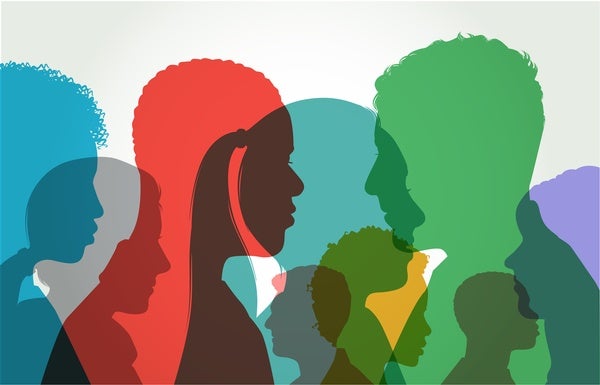 |
| |
| |
| |
| |
| |
| |
| |
| Wellness How Nature Helps Body and Soul Journalist and author Florence Williams talks about her book The Nature Fix: Why Nature Makes Us Happier, Healthier and More Creative. |  | By Steve Mirsky | 29:52 | | | |
| |
| |
FROM THE STORE
 | | | |
| |
| |
LATEST ISSUES
 |
| |
| Questions? Comments?  | |
| Download the Scientific American App |
| |
| |



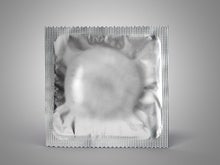

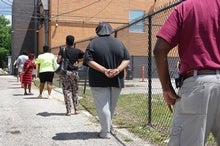
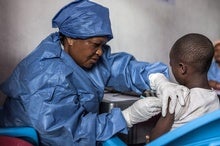
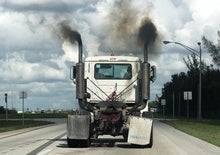




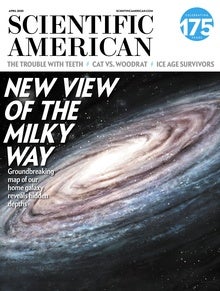

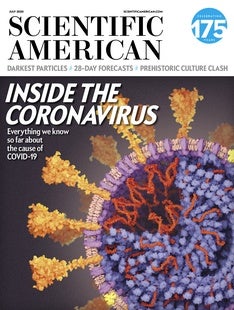

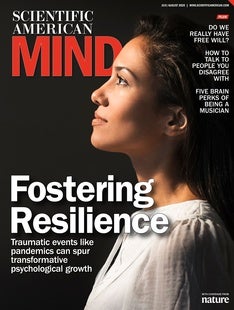
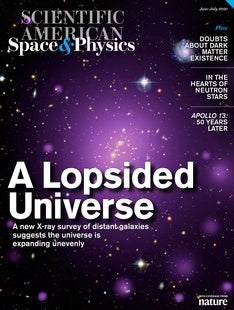
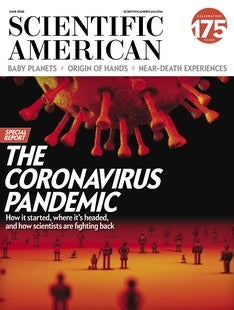



Comments
Post a Comment